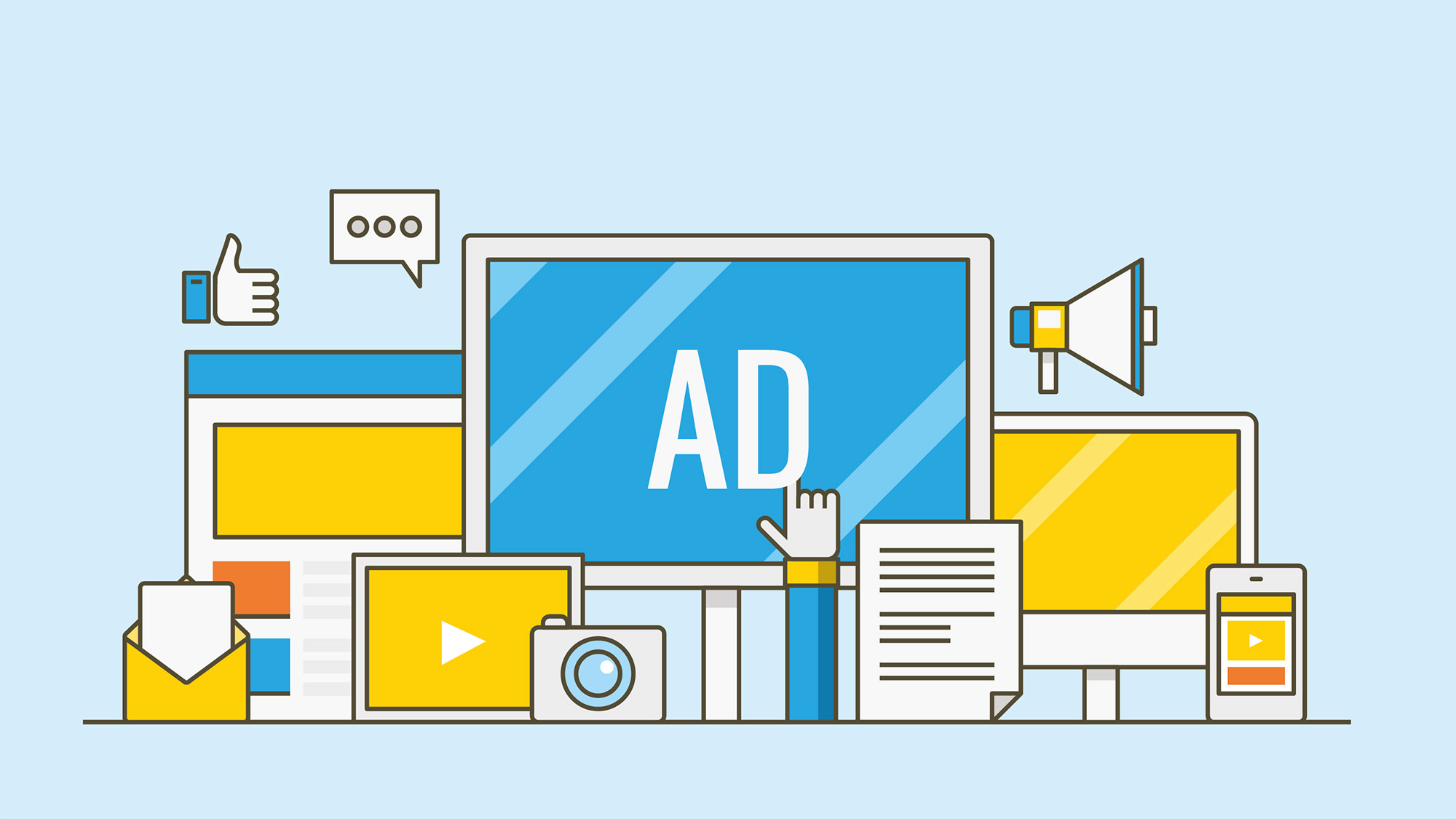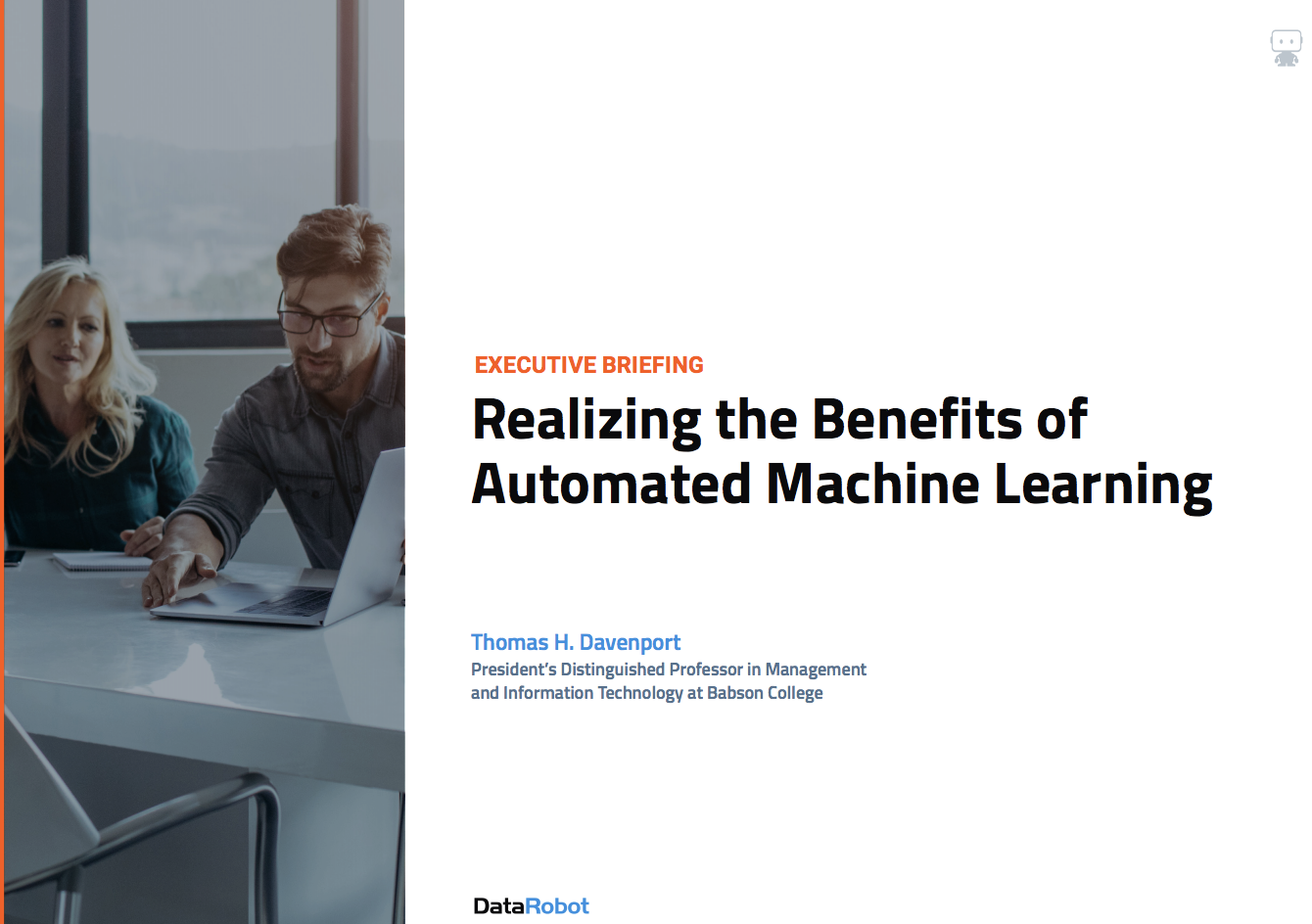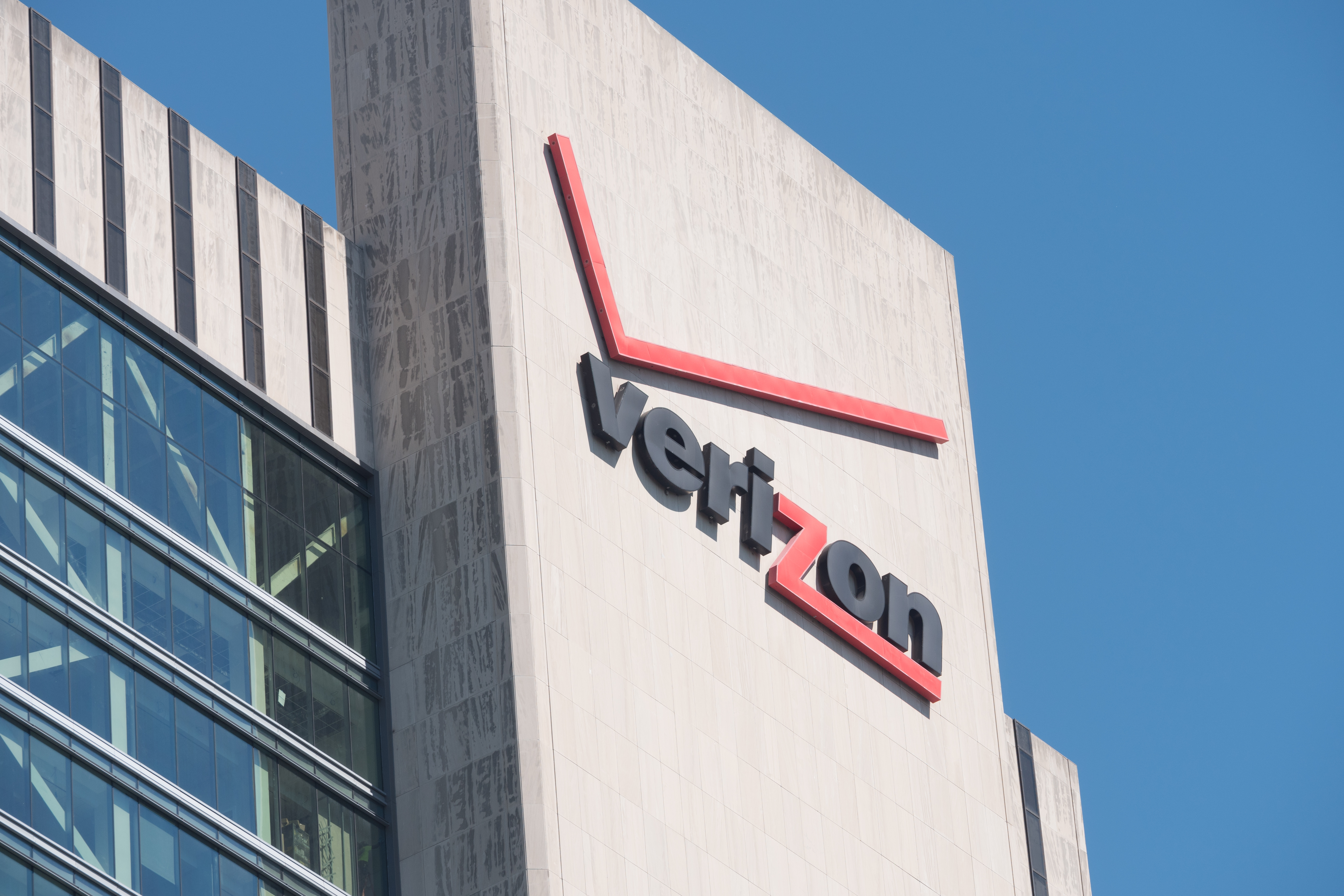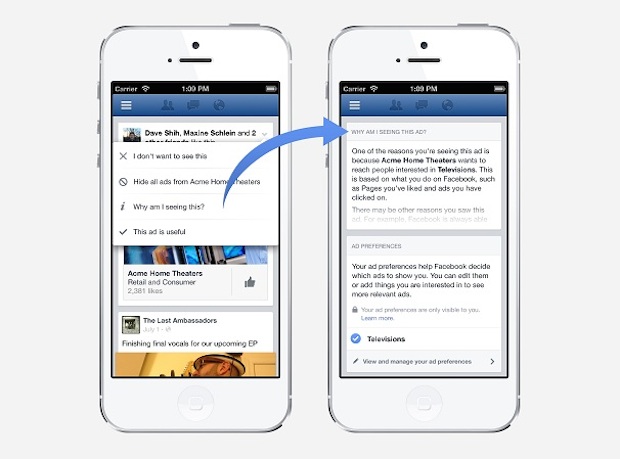The future of AI in advertising and media
The online advertising industry is at a critical turning point. Could AI help lead the way?

Take a quick look around the tech ecosphere and you'll find it packed with AdTech and MarTech start-ups all vying to leverage artificial intelligence (AI) – each one hoping to deliver increased advertising views, engagement and revenues on our interactions with the devices and platforms we use every day.
As the dominance of cookies is crushed and fears around privacy and personalisation grow, AI looks set to play a huge role in allowing brands, companies and organisations to compete for our eyeballs and attention amid fast-changing media consumption habits.
Suggesting the internet and social channels are "essentially a giant behavioural science experiment", Richard Wilson, CEO at marketing technology company CLICKON, describes how AI within these pivotal industries is focused on two key use cases right now.
The first, he says, is for personalisation at scale, collecting enough consumer data to observe trends and serve hyper-relevant messages to the right audiences at the right time. The second, he added, is also often controversial, with AI used to enhance creativity.
Wilson explains: "While media buying has become heavily commoditised and automated, the last bastion standing is the creative process. Many will argue AI can't match a human's storytelling and empathy – arguably right, but also possibly wrong.
"If you asked AI to write a screenplay or Netflix series it might struggle vs an experienced human screenwriter. However, where it would succeed is taking the screenplay and finding ways to make it even better and more relevant for audiences, based on analysing their existing habits, viewing data and profile."
Potential examples offered by Wilson of AI supporting the creative process are answering simple questions such as “Will trainer adverts perform better with the product being in close up shot 65% of the time?” or “Do smiling human faces affect how people relate to an advert?”
Get the ITPro daily newsletter
Sign up today and you will receive a free copy of our Future Focus 2025 report - the leading guidance on AI, cybersecurity and other IT challenges as per 700+ senior executives
Changing behaviour through AI
Behavioural scientist Jo Evershed, co-creator of the Gorilla Experiment Builder, believes AI in advertising and marketing will be fuelled by behaviour testing. For instance, instead of using a simple survey to ask "yes or no" as to whether you would "buy this product", people will be put into an experimental online supermarket with their purchases and choices observed.
“Behind the scenes, the behavioural scientists can change the product messaging, images, adverts and (practically) anything else,” she says. “By testing thousands of participants in slightly different shops, the researchers can test different ideas, and see how a range of factors can influence purchasing decisions."
Evershed adds: "AIs are trained in one of two ways: Either with huge data sets of how people behave, which is what Amazon or Facebook do, or via behavioural experimentation.
"The best media agencies aren't leaving design decisions to chance, gut instinct, or committees, instead they are putting considerable budgets behind behavioural testing so that they have cold hard data to support their decisions. With the cold hard data, they can confidently optimise their campaign to maximise their impact."
RELATED RESOURCE

Realising the benefits of automated machine learning
How to overcome machine learning obstacles and start reaping the benefits
The opportunities and desires to adopt AI in these ways are clearly there given a recent survey of marketers from the US and UK by Iterable found 83% were likely to incorporate AI into their 2021 marketing strategy. Wayne Coburn, its director of product, analytics and AI, believes the tech can offer "the creation of brand-customer bonds".
He says: "With AI, marketers can act on consumer privacy preferences, and use first party data to understand how their audience feels about their brand, to easily create meaningful loyalty and retention programs across channels, at scale. With the ability to predict behaviours and accurately assess sentiment, AI gives marketers an opening to build empathy-first campaigns."
Over at IBM, the Watson Advertising Accelerator could be the answer to harnessing AI to meet our changing media consumptions – such as the shift to streaming. It’s focused on over-the-top (OTT) and video, aiming to move beyond contextual relevance, such as when people are served an ad that aligns with the content they are reading or watching. Instead it claims it will assist in developing personalised creatives for every user.
Matt White, VP EMEA at Quantcast, believes AI's power is also to respond to fast-moving situations. He points to trends that emerged from the first wave of lockdown in spring 2020, such as Tiger King and banana bread, and says this knowledge is only useful for marketers when they're in the early stages.
White explains: "By the time everyone is aware of them, the competitive advantage to act on that information is lost. Only machine learning has the capacity to enable humans to easily track fast-changing trends across a widely diverse set of signals."
Concerns over AI's place in privacy and personalisation
However, as AI becomes more dominant in marketing and advertising, there are also a number of critical issues to consider.
Kaveh Cope-Lahooti, senior data protection consultant at Gemserv, points to fears over people's individual privacy, and issues around political advertising on social media.
But while changes such as GDPR and the EU's draft Regulation on AI aim to offer greater protections, he said: "For advertising to be consumer-friendly and ethical, it must win back user trust. Criteria used for creating profiles must also be clear and understandable.
"Several online advertising agencies are already developing tools to enable users to request which profiles (or 'segments') are assigned to them, which will help make algorithms used by the sector to be more transparent. Whether this is sufficient to meet these legal obligations, we will have to wait to see."
Mark Bulling, SVP of product innovation at marketing-focused data science firm Essence, adds: "'Just because you can, doesn't mean you should' is another important consideration as the AI marketing landscape continues to evolve. The ethical application of AI must be something all developers place high on their agenda.
"Ensuring the data sets used to inform machine learning models are adequately considered and screened for biases, and the purpose of the end models and the decisions that they are responsible for, are necessary guardrail considerations that haven't yet been baked into privacy laws, but perhaps should be."
This changing future, however, offers many new possibilities to both safeguard privacy and deliver context, especially in an age when cookies are being crushed.
Looking ahead, Emilia Kirk, global head of growth at Seedtag, suggests AI will allow contextual advertising to pick up where behavioural-based targeting left off, given the reliance on programmatic and cookie-based advertising is ending.
Kirk says: "The technology can be used to understand web page sentiment, the nuance of the language being used on these pages, the tone of images and video, and can even configure a creative to complement the context in which it is being served … without relying on cookies.
"For brands, this means they can serve relevant ads without the need for third party data. Contextual advertising will allow brands to engage with consumers within their universe of interest, while protecting brand safety at the highest level."
Jonathan Weinberg is a freelance journalist and writer who specialises in technology and business, with a particular interest in the social and economic impact on the future of work and wider society. His passion is for telling stories that show how technology and digital improves our lives for the better, while keeping one eye on the emerging security and privacy dangers. A former national newspaper technology, gadgets and gaming editor for a decade, Jonathan has been bylined in national, consumer and trade publications across print and online, in the UK and the US.
-
 Should AI PCs be part of your next hardware refresh?
Should AI PCs be part of your next hardware refresh?AI PCs are fast becoming a business staple and a surefire way to future-proof your business
By Bobby Hellard Published
-
 Westcon-Comstor and Vectra AI launch brace of new channel initiatives
Westcon-Comstor and Vectra AI launch brace of new channel initiativesNews Westcon-Comstor and Vectra AI have announced the launch of two new channel growth initiatives focused on the managed security service provider (MSSP) space and AWS Marketplace.
By Daniel Todd Published
-
 Verizon joins Facebook advertising boycott
Verizon joins Facebook advertising boycottNews Verizon takes a stand against Facebook, puts advertising campaigns on hold
By Sarah Brennan Published
-
 What is Facebook advertising and Facebook ads?
What is Facebook advertising and Facebook ads?In-depth We explain why Facebook advertising is a good idea for your business
By Bobby Hellard Published
-
 Snapchat rings the police over fake news facts
Snapchat rings the police over fake news factsNews Social app reveals how it's battling fake news spread by Snapchat users
By Nicole Kobie Published
-
 Facebook enters e-commerce space with in-app shopping plans
Facebook enters e-commerce space with in-app shopping plansNews Clothes, shoes and other everyday items will be available to buy without anyone leaving the Facebook application
By Clare Hopping Published
-
 Facebook to serve ads based on users' browsing history
Facebook to serve ads based on users' browsing historyNews Facebook plans more targeted ads, but it will give users more control when it comes to blocking them
By Rene Millman Published
-
 Facebook Sponsored Story adverts challenged by Norway
Facebook Sponsored Story adverts challenged by NorwayNews Consumer ombudsman challenges legality of adverts, while Ireland questions new privacy rules.
By Jane McCallion Published
-
 Google to outdo ITV in UK ad revenue?
Google to outdo ITV in UK ad revenue?News Google is to become the UK's biggest ad earner, dethroning ITV along the way, according to a report.
By Tom Brewster Published
-
 Top 10 tech advert fails
Top 10 tech advert failsIn-depth We take a look back at 10 of the most notorious promotions to have been banned for their misleading nature.
By Tom Brewster Published